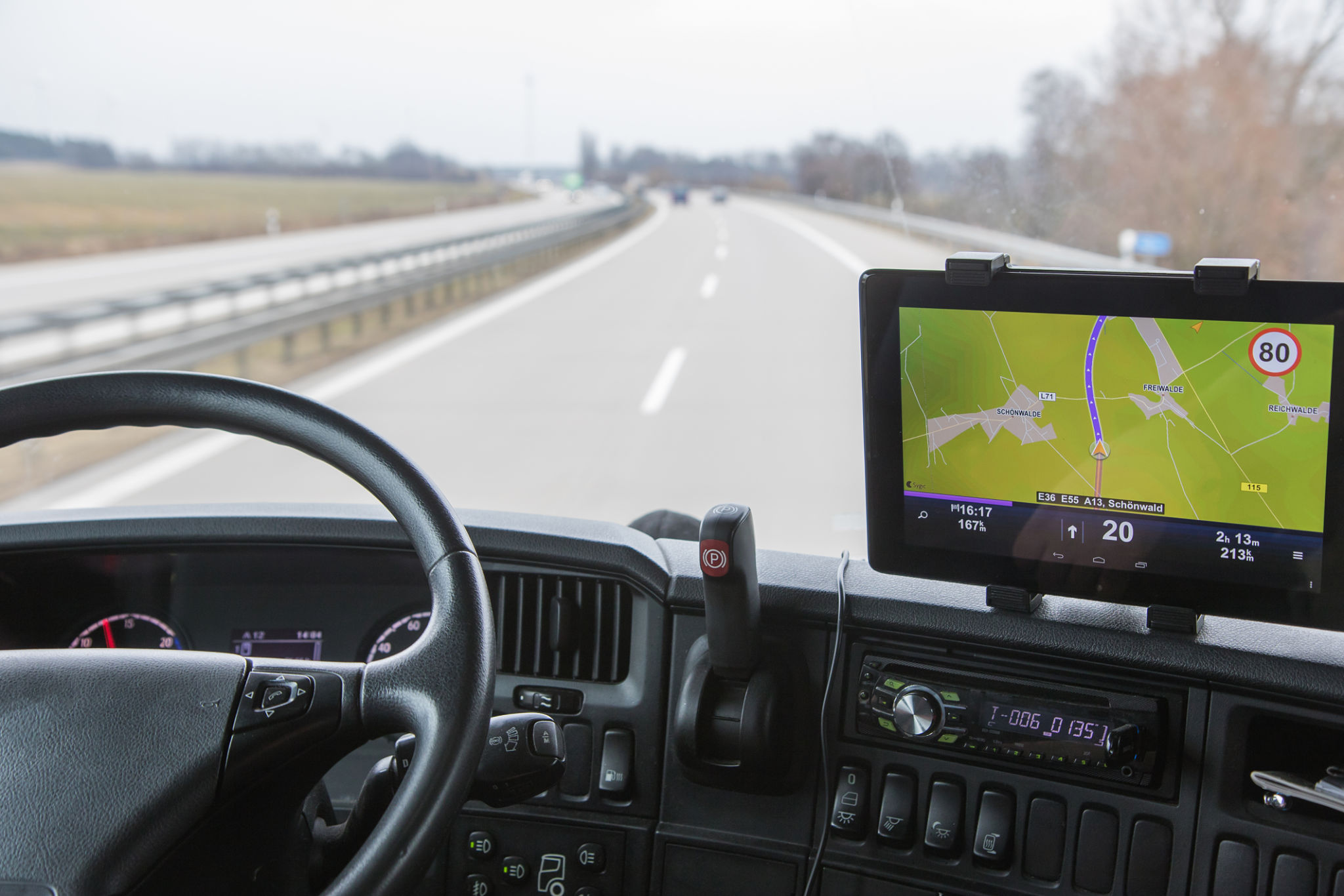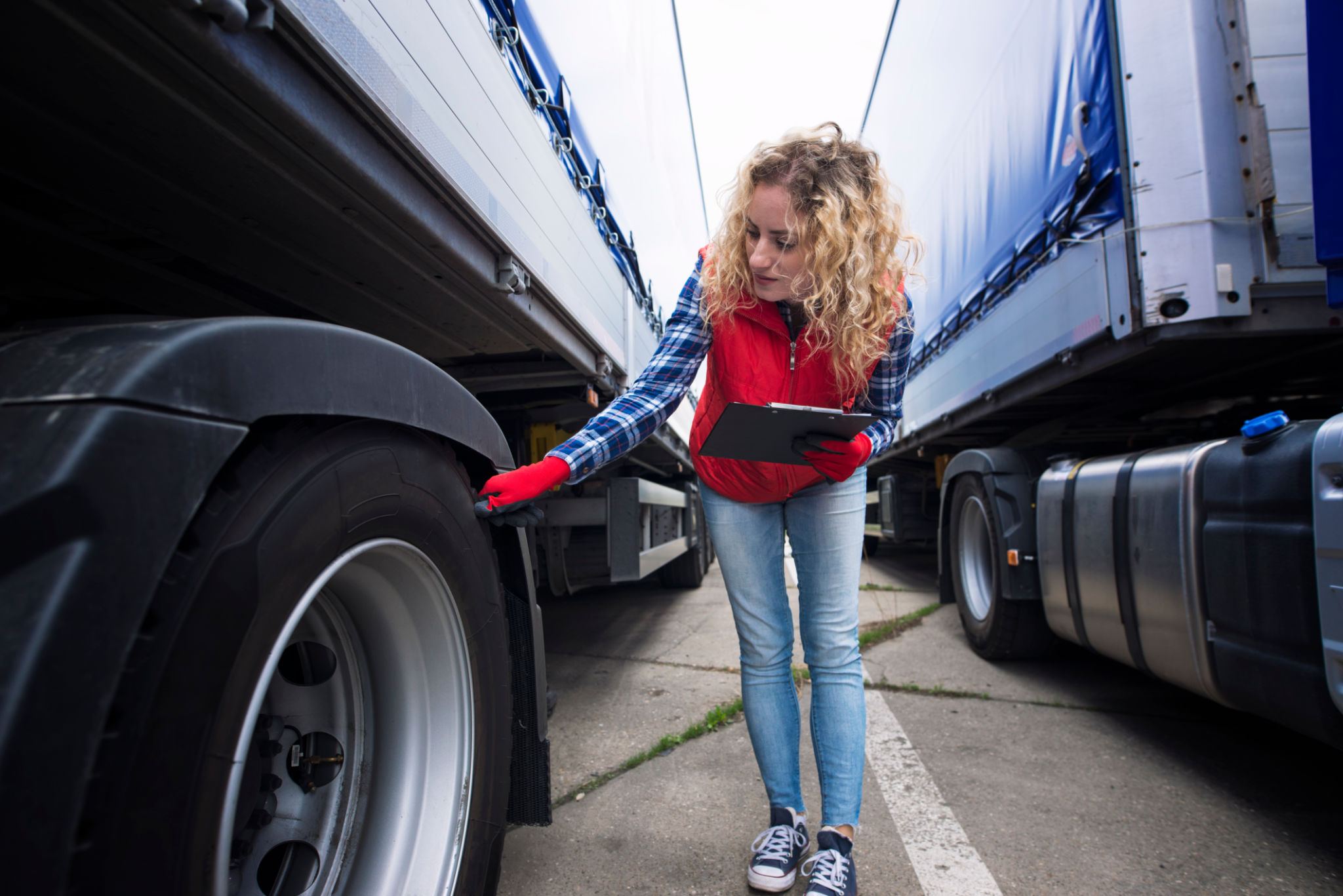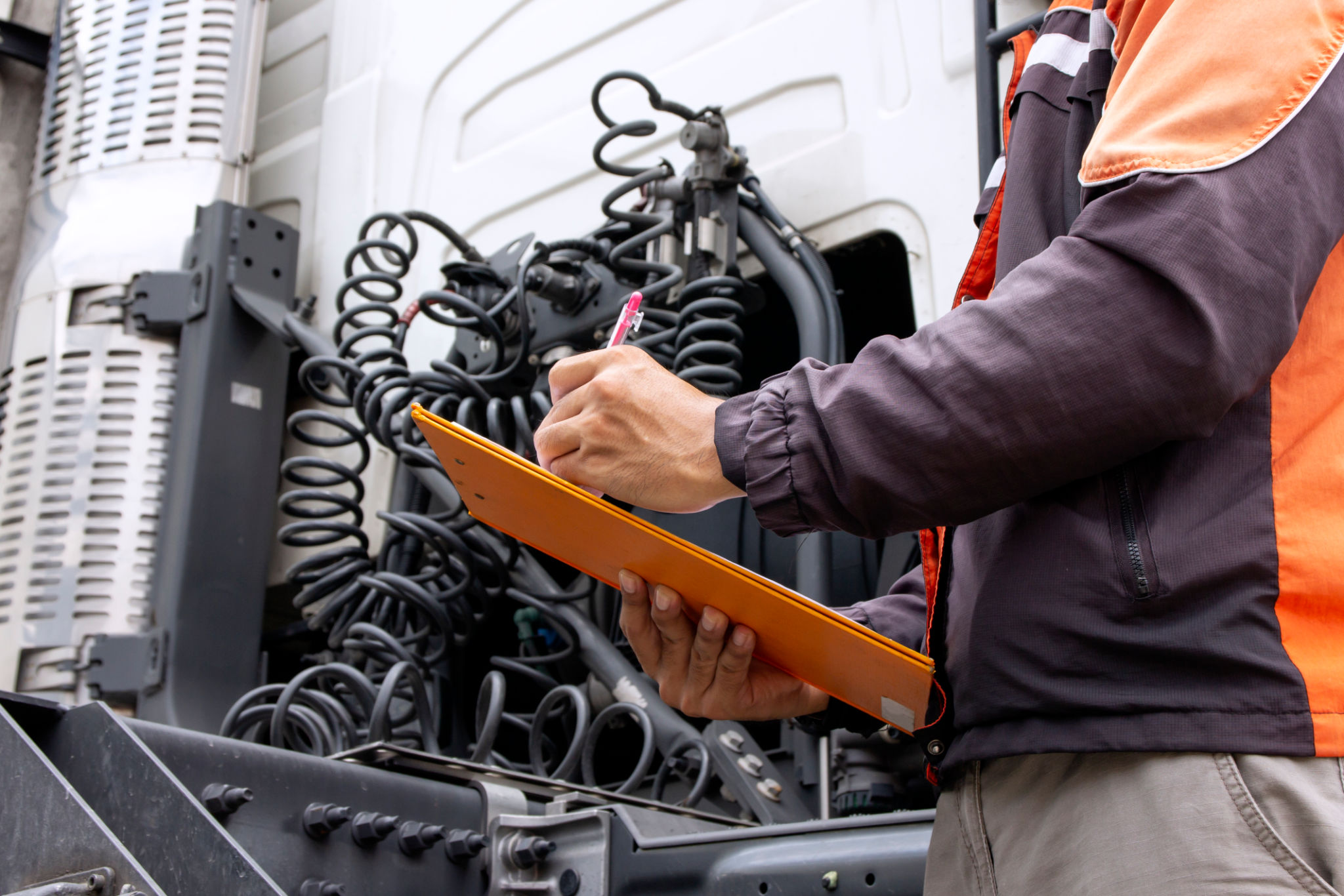The Role of Technology in Modernizing Trucking Operations
FP
The Evolution of Trucking Through Technology
The trucking industry has long been the backbone of commerce, responsible for transporting goods across vast distances. However, the traditional methods of operation are rapidly evolving, thanks to the advent of modern technology. From route optimization to fleet management, technology is playing a pivotal role in modernizing trucking operations.

Advanced Fleet Management Systems
One of the most significant advancements in the trucking industry is the implementation of advanced fleet management systems. These systems provide real-time data on vehicle location, fuel consumption, and driver behavior. By leveraging this data, companies can make informed decisions to improve efficiency and reduce operational costs.
For instance, GPS tracking allows fleet managers to monitor the exact location of each truck, enabling better route planning and reducing idle time. Additionally, telematics systems provide insights into driving patterns, helping to identify areas where drivers can improve their performance and safety.
Route Optimization and Planning
Route optimization software has revolutionized the way trucking companies plan their deliveries. By analyzing traffic patterns, weather conditions, and road closures, these systems can determine the most efficient routes for each trip. This not only saves time but also reduces fuel consumption and wear and tear on vehicles.

Moreover, route optimization tools can adapt in real-time, providing alternative routes in case of unexpected delays. This flexibility ensures that deliveries are made on time, enhancing customer satisfaction and reliability.
Enhanced Safety Measures
Safety is paramount in the trucking industry, and technology has introduced several innovations to enhance it. Advanced driver-assistance systems (ADAS) offer features such as lane departure warnings, automatic emergency braking, and blind-spot detection. These systems help reduce the risk of accidents and improve overall road safety.
Additionally, electronic logging devices (ELDs) have become mandatory in many regions, ensuring that drivers adhere to regulated hours of service. By preventing fatigue-related incidents, ELDs contribute to safer driving conditions for both truckers and other road users.

Fuel Efficiency and Environmental Impact
With growing concerns about environmental sustainability, the trucking industry is under pressure to reduce its carbon footprint. Technological advancements are making it possible to achieve better fuel efficiency and lower emissions. For example, modern trucks are equipped with more efficient engines and aerodynamic designs that reduce drag.
Furthermore, the use of alternative fuels such as electric and hydrogen-powered trucks is gaining traction. These innovations not only help in reducing greenhouse gas emissions but also offer long-term cost savings for trucking companies.
Data Analytics and Predictive Maintenance
Data analytics is transforming the way trucking companies maintain their fleets. By analyzing data from various sensors and systems, companies can predict when a vehicle is likely to require maintenance. This proactive approach helps in preventing breakdowns and reducing downtime, ensuring that trucks remain operational for longer periods.

Predictive maintenance also contributes to cost savings by addressing issues before they escalate into major problems. This not only extends the lifespan of the vehicles but also enhances their reliability and performance.
Conclusion
In conclusion, technology is playing a crucial role in modernizing trucking operations. From advanced fleet management systems and route optimization to enhanced safety measures and predictive maintenance, these innovations are driving efficiency, reducing costs, and improving safety. As the industry continues to evolve, the integration of technology will remain a key factor in shaping the future of trucking.
